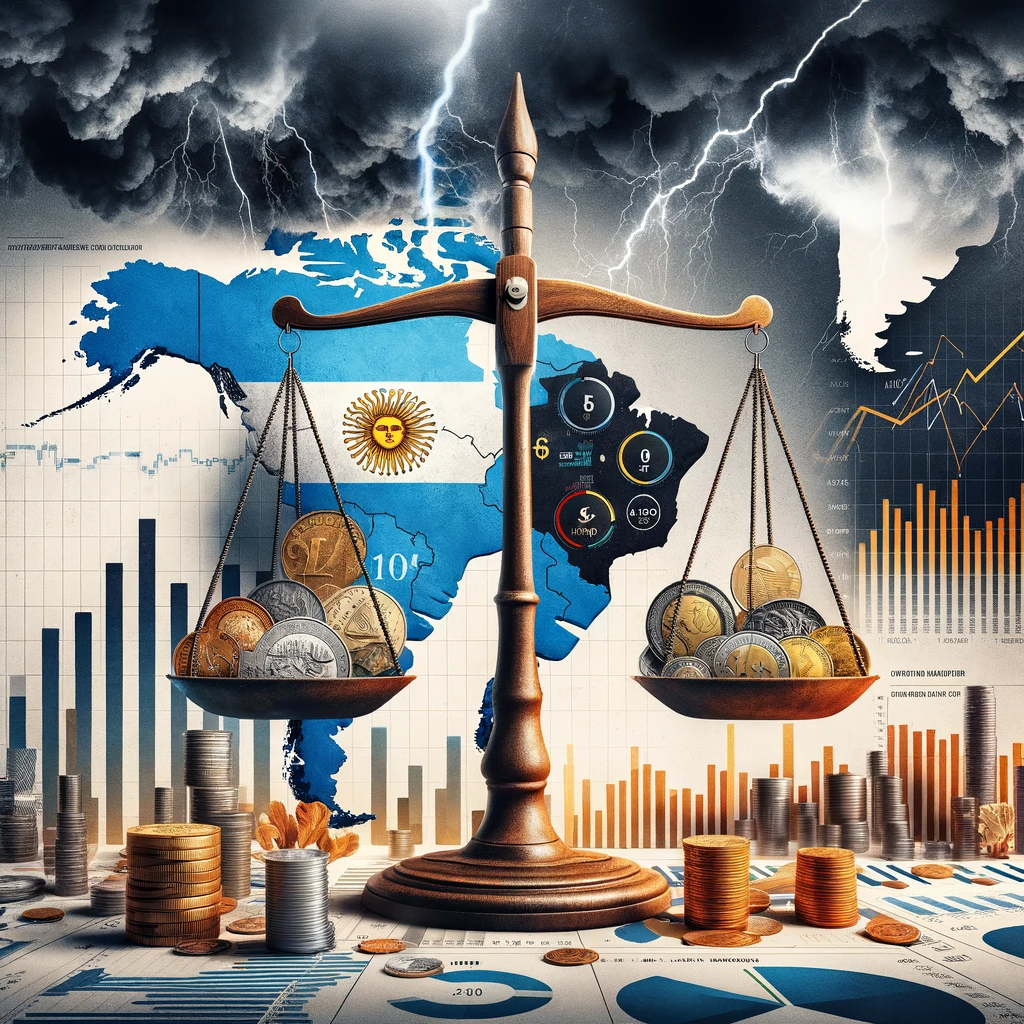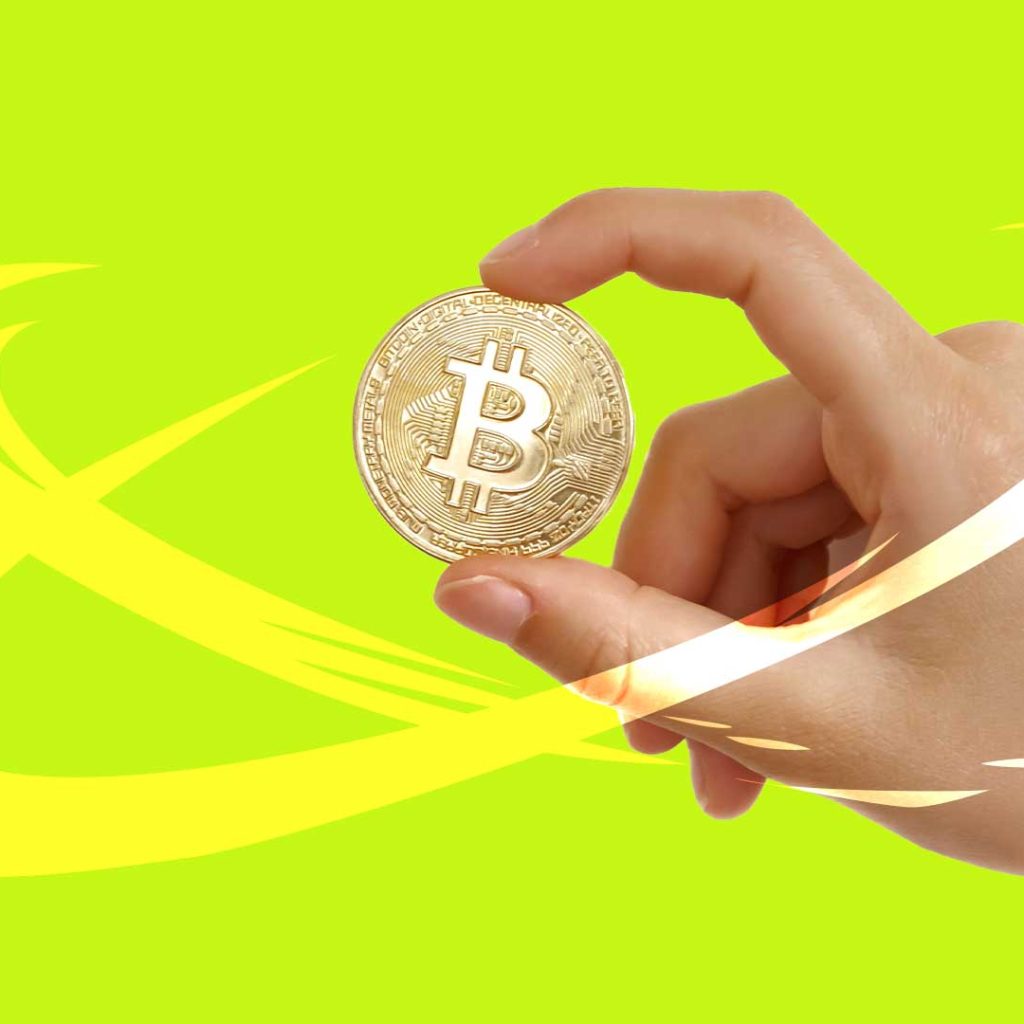The corridors of power in Argentina are ablaze with controversy as President Javier Milei forges ahead with an audacious reform bill that has split the nation. After an intense and prolonged debate, Argentina’s legislators have given the green light to Milei’s comprehensive reform package, marking a significant milestone with a 144 to 109 vote victory in the lower chamber of deputies. This victory in the legislative arena is just the beginning, as the bill now advances to the Senate for a decisive showdown.
The Stir Outside Congress
As the legislative gears turned inside, the atmosphere outside Congress was charged with tension. Scores of demonstrators, voices loud and spirits unyielded, rallied against the bill, fearing it heralds an era of increased natural resource exploitation, a boon for the private sector at the expense of environmental and cultural funding. Yet, amid the uproar, supporters like lawmaker Lorena Villaverde stand firm, framing the situation as a critical juncture for Argentina: a choice between descending into the “largest slum in the world” or marching towards “prosperity and freedom.”
Milei’s social media declaration prior to the vote added fuel to the fire, posing a stark challenge to legislators to pick a side in history. The president’s statement underscored the gravity of their decision, implying that their choices will be remembered as either a step towards alleviating Argentine poverty or contributing to it.
The Economic Tightrope
Javier Milei’s rise to power was no small feat, propelled by widespread frustration over Argentina’s relentless economic turmoil. With an inflation rate soaring above 200% and poverty engulfing 40% of the population, Milei’s drastic economic reforms, including a significant devaluation of the peso and sweeping subsidy cuts, were bold moves in a high-stakes game.
Yet, these reforms are not without their detractors. Critics, like opposition deputy Leandro Santoro, invoke the ghost of the 2001 crisis, a stark reminder of the perils of unfettered market reforms. As the nation stands at this precarious crossroads, the International Monetary Fund (IMF) has thrown its weight behind Milei, approving a substantial $4.7 billion disbursement to Argentina, signaling international confidence in his reformist agenda.
The situation in La Rioja, however, tells a different story. Here, the austerity measures bite deep, affecting the region known for its olives and wines. The province, heavily reliant on redistributed taxes and with a significant portion of its workforce in public employment, finds itself in dire straits, prompting Governor Ricardo Quintela to take radical steps. In a bold move, Quintela has spearheaded the issuance of “bocades,” a quasi-currency intended to alleviate the province’s fiscal woes by supplementing public salaries and facilitating local transactions.
This initiative, however, has not gone unchallenged. Economists and critics alike question the viability of introducing a provincial currency in an economy already grappling with hyperinflation, pointing to the potential for further monetary chaos. Moreover, the national government has flagged the move as illegal, threatening the already tenuous relationship between La Rioja and the central administration.
Despite these challenges, Quintela remains undeterred, arguing that the bocades could provide a much-needed economic stimulus for the province. Yet, the skepticism persists, with many fearing that this experiment could exacerbate the financial instability plaguing Argentina.
As Milei’s austerity measures continue to polarize the nation, the clash between federal and provincial strategies underscores the complexities of governing a country in crisis. With La Rioja’s daring currency experiment on one side and Milei’s aggressive austerity on the other, Argentina finds itself at a crossroads, navigating the delicate balance between fiscal responsibility and economic survival.





